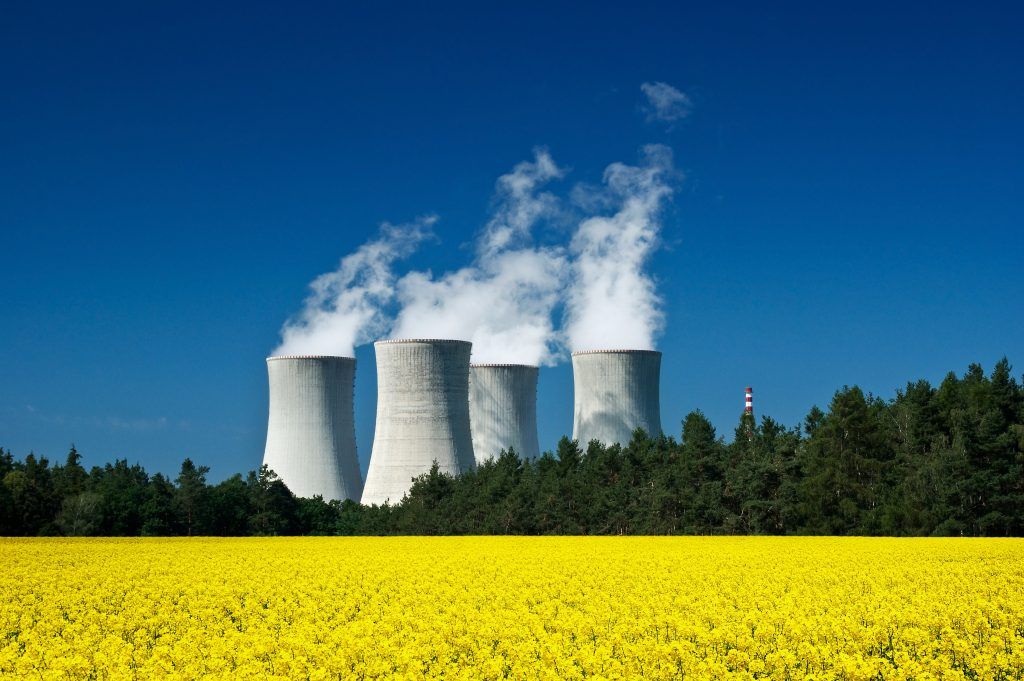Scientist vs. scientist: an escalating fight over renewable energy
By Dawn Stover | November 2, 2017

In December 2015, engineering professor Mark Z. Jacobson of Stanford University and three colleagues published a buzz-generating paper in the Proceedings of the National Academy of Sciences, arguing that wind, water, and solar energy alone could power the entire US grid between 2050 and 2055. “No natural gas, biofuels, nuclear power, or stationary batteries are needed,” they wrote.
Christopher T. M. Clack, a mathematician and statistician who heads a Colorado-based company called Vibrant Clean Energy, disagreed. He and 20 co-authors, including some prominent climate and energy experts, published a critique in the same journal in June 2017, concluding that the work by Jacobson and his team “used invalid modeling tools, contained modeling errors, and made implausible and inadequately supported assumptions.” For example, they accused Jacobson of using a model that vastly overstates the capacity of hydroelectric dams to provide electricity when the sun and wind aren’t generating enough power.
Jacobson’s camp fought back, writing a rebuttal that appeared in the same issue as the paper by Clack and his colleagues. Clack, in turn, posted a point-by-point reply to the Jacobson rebuttal.
The 2015 paper was not the first by Jacobson to make the case for 100 percent renewables. A 2009 Scientific American article by Jacobson and his colleague Mark A. Delucchi claimed that renewables could power the entire planet by as early as 2030, and they made a similar case in a 2013 article in the Bulletin. Nor was the 2017 Clack article the first to take issue with Jacobson’s work. The rival camps might have continued their back-and-forth in the pages of esteemed journals, but instead Jacobson took the fight to a new battleground.
In a highly unusual move, Jacobson filed a libel lawsuit against Clack and the National Academy of Sciences on September 29. The lawsuit, which seeks $10 million in damages, claims that the Clack paper contained false and misleading statements, violated the journal’s publication policies, and resulted in press coverage that was damaging to Jacobson’s reputation. Jacobson’s co-authors did not join him as plaintiffs in the suit, and Clack’s co-authors are not named as defendants. This is personal, and it’s bitter.
One puzzling aspect of the fight is that both Clack and Jacobson are ardent proponents of renewable energy. The elephant in the room is nuclear energy: Although none of the papers spend much time discussing it, it’s clear that Jacobson wants no part of nuclear, while Clack says it’s not feasible to rapidly shift to a near-zero-emission energy system without a “much broader array of energy technologies” that could include nuclear energy and methods for scrubbing carbon from fossil fuels.
Can renewables alone power the planet? That is not the only question facing experts now. Also on the docket: How might the Jacobson lawsuit affect the world of peer-reviewed scientific publishing? And what happens when clean-energy advocates go after each other’s throats? If we’re headed for another protracted scientist-vs.-scientist “debate” that will play out in the media as well as the courts, that could make EPA administrator Scott Pruitt a happy man.
Publication Name: Mashable
To read what we're reading, click here
Together, we make the world safer.
The Bulletin elevates expert voices above the noise. But as an independent nonprofit organization, our operations depend on the support of readers like you. Help us continue to deliver quality journalism that holds leaders accountable. Your support of our work at any level is important. In return, we promise our coverage will be understandable, influential, vigilant, solution-oriented, and fair-minded. Together we can make a difference.
Topics: Climate Change, What We’re Reading














